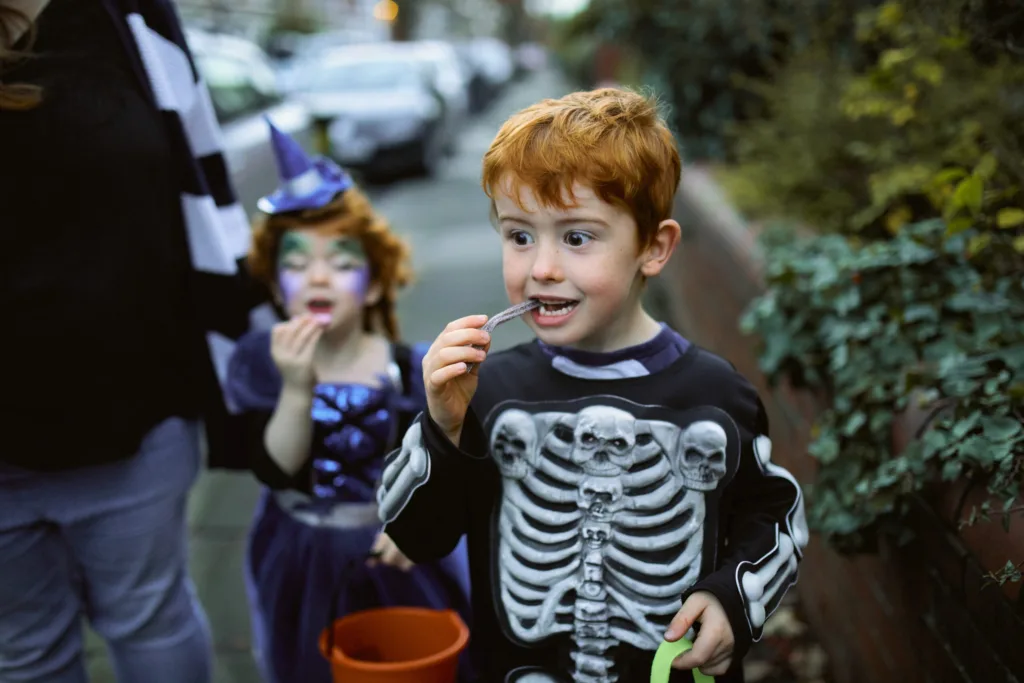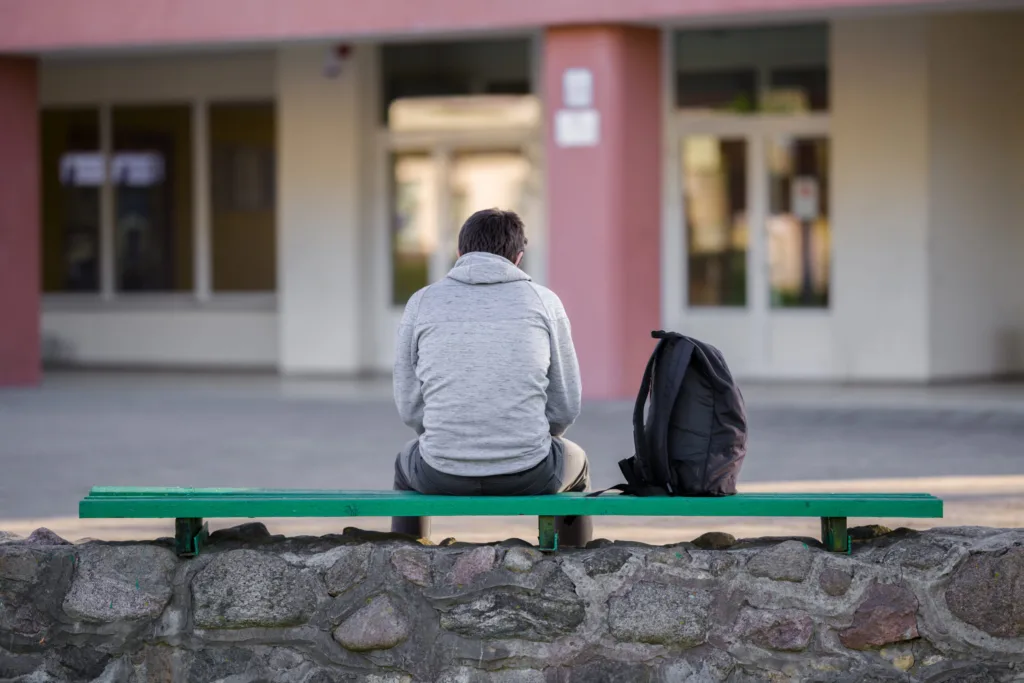
Being a teenager is no easy task — for you as the parents, or for your teen.
There are so many mental, emotional and physical changes your child is going through in this phase of their life; changes you may or may not remember going through yourself. They might feel you don’t understand them anymore, you might feel like you don’t know who they are (or who they’ve temporarily become).
While the teenage years mark the beginning of young adulthood and initiate the painful but healthy formation of independence, your child still greatly needs you and your guidance, especially during this time.
In this article, we’re going to share with you the most common pressures teens experience from their peers in high school, as well as walk you through how to help your child navigate them.
Even if they begrudgingly listen to your counsel or roll their eyes, the awareness (even if it’s the back of their mind) can sometimes be enough to save their lives.
Peer pressure: understanding the basics
Peer pressure is a social phenomenon where individuals are influenced by their peers, and it often plays a significant role in adolescent development.
Peer pressure can happen to people of all ages, and you’ve likely been pressured by friends, acquaintances or coworkers (probably more than once) to do something you were unsure about.
Navigating these challenges in mature adulthood can be difficult, but it’s very different from navigating peer pressures in high school. Kids are just beginning to learn how to be themselves authentically, and many teenagers may not have developed the confidence to say no.
Peer pressure is a natural part of adolescent socialization, one that is nearly unavoidable. You can probably remember at least one instance in high school where you were pressured to do something and you followed through with it.
What are the effects of peer pressure?
Peer pressure affects teenagers in different ways. Depending on the teen’s mental health, their unique personality and temperament, strengths and weaknesses, the impact of peer influence will be different.
While peer pressure sometimes carries a negative connotation, it can be beneficial as well and actually have a positive impact on a person’s life. Positive peer pressure can look like motivating someone to achieve their goals, encouraging them to practice balanced nutrition and exercise or positively reinforcing and nurturing personal growth.
Negative effects of peer pressure include:
- Engaging in risky behaviors (drugs, alcohol, sex, reckless driving or activities)
- Neglecting academics and decreased performance
- Mental health issues (depression, stress or anxiety)
- Loss of identity, values and boundaries
- Strained relationships with loved ones
- Legal consequences
- Substance abuse and addiction
As much as you might want to protect your child from the potentially harmful influences of peer pressure, it’s an unpreventable part of adolescent interaction and socialization. The best way you can prepare your teen to navigate these circumstances is to counteract the influences.
Speak with an advisor today
High Focus Centers specializes in providing fully customized, comprehensive treatment to tweens and teens. Whether your child is struggling with their mental health, substance abuse or other risky (or concerning) behaviors, we’re here to help.
Recognizing that no two teens are alike and that healing involves the whole family, our multidisciplinary team works closely not only with your teenager but with you all. This is both for your comfort and your teen’s best interests; sometimes there are various psychological stressors or life elements that may require your involvement. We help you navigate this.
The exact type of therapy and treatment your teen receives will depend on their unique situation, challenges, and the nature and extent of their peer influence. A thorough psychiatric evaluation is performed early on in order to learn what will best serve your teen definitely.
To learn more about how we help teenagers develop healthy, long-term coping skills for navigating challenges like peer pressure, call us today.
Recent Posts
- How Mood Stabilizers Work to Restore Emotional Balance
- Trauma-Informed Approaches in Therapy: Why Understanding Trauma is Essential for Healing
- Using Art as a Voice: Exploring the Therapeutic Benefits of Creativity
- What is Xylazine?
- How Overcoming Roadblocks is Crucial to Recovery – And How Your Treatment Center Can Help




